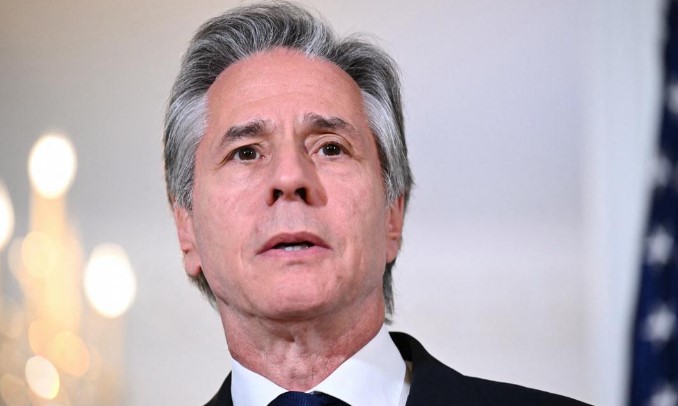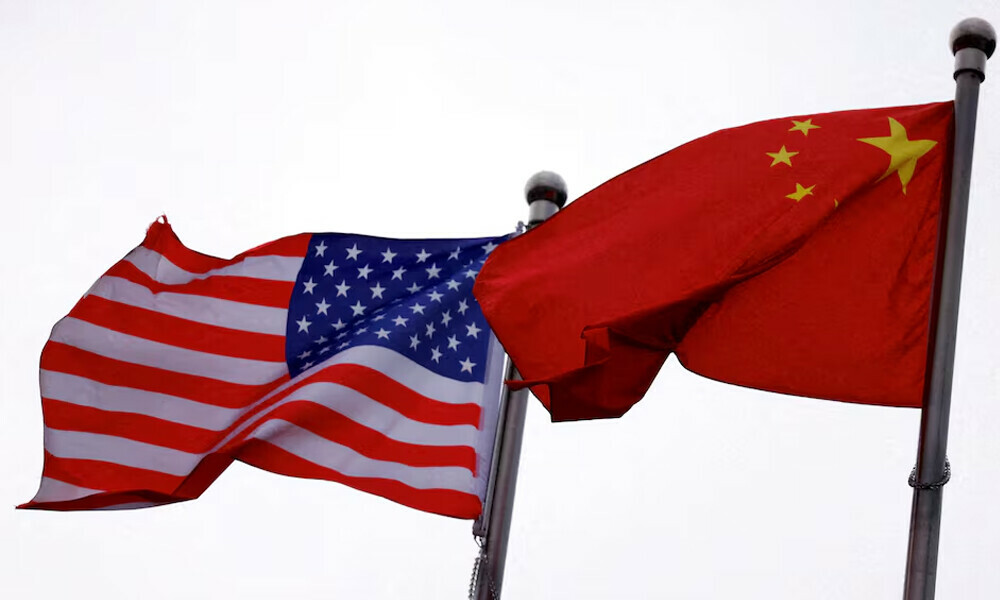WORLD NEWS

The United States has announced a $500 million military aid package for the Philippines. The decision was revealed during a high-profile meeting on Tuesday between US Secretary of State Antony Blinken, Defense Secretary Lloyd Austin, and Philippine President Ferdinand Marcos Jr. at the Malacanang Palace.
The new aid package is designed to bolster the Philippines' defense capabilities and includes $125 million earmarked for Philippine military bases used by US forces. This funding is part of a broader $2 billion aid initiative approved by the US Congress aimed at Indo-Pacific countries to counter Chinese influence in the region.
During the meeting, Blinken praised the longstanding partnership between the US and the Philippines, highlighting the importance of this alliance in addressing regional security challenges. "We're truly grateful for this partnership," Blinken said, underlining the US commitment to its mutual defense obligations with the Philippines.
President Marcos expressed his appreciation for the support, emphasizing the need for agile responses to regional threats, particularly in the contested South China Sea. "I'm always very happy that these communication lines are very open," Marcos stated, underscoring the strategic importance of the alliance in the face of regional challenges.
The aid package also includes funds for enhancing security collaboration and a potential intelligence-sharing agreement. This move comes as the Philippines and China navigate heightened tensions, including a recent incident involving a Chinese coast guard vessel's ramming of a Filipino boat, which led to injuries.
China's expansive claims over the South China Sea, which are contested by the Philippines and other neighboring countries, have prompted a strong response from the international community. Blinken and Austin reaffirmed the US's commitment to upholding international law in the disputed waters and reiterated the "ironclad" commitments under the Mutual Defense Treaty with the Philippines.
The announcement also follows recent diplomatic engagements by Blinken with foreign ministers from Australia, India, and Japan, members of the Quad alliance. The group expressed concerns over Beijing's actions in the South China Sea and pledged to enhance maritime security in the region.
China has criticized the Quad's activities, accusing it of creating unnecessary tensions and attempting to contain China's development. Despite these tensions, the US continues to reinforce its strategic partnerships in the Indo-Pacific as part of its broader effort to counter Chinese influence.




